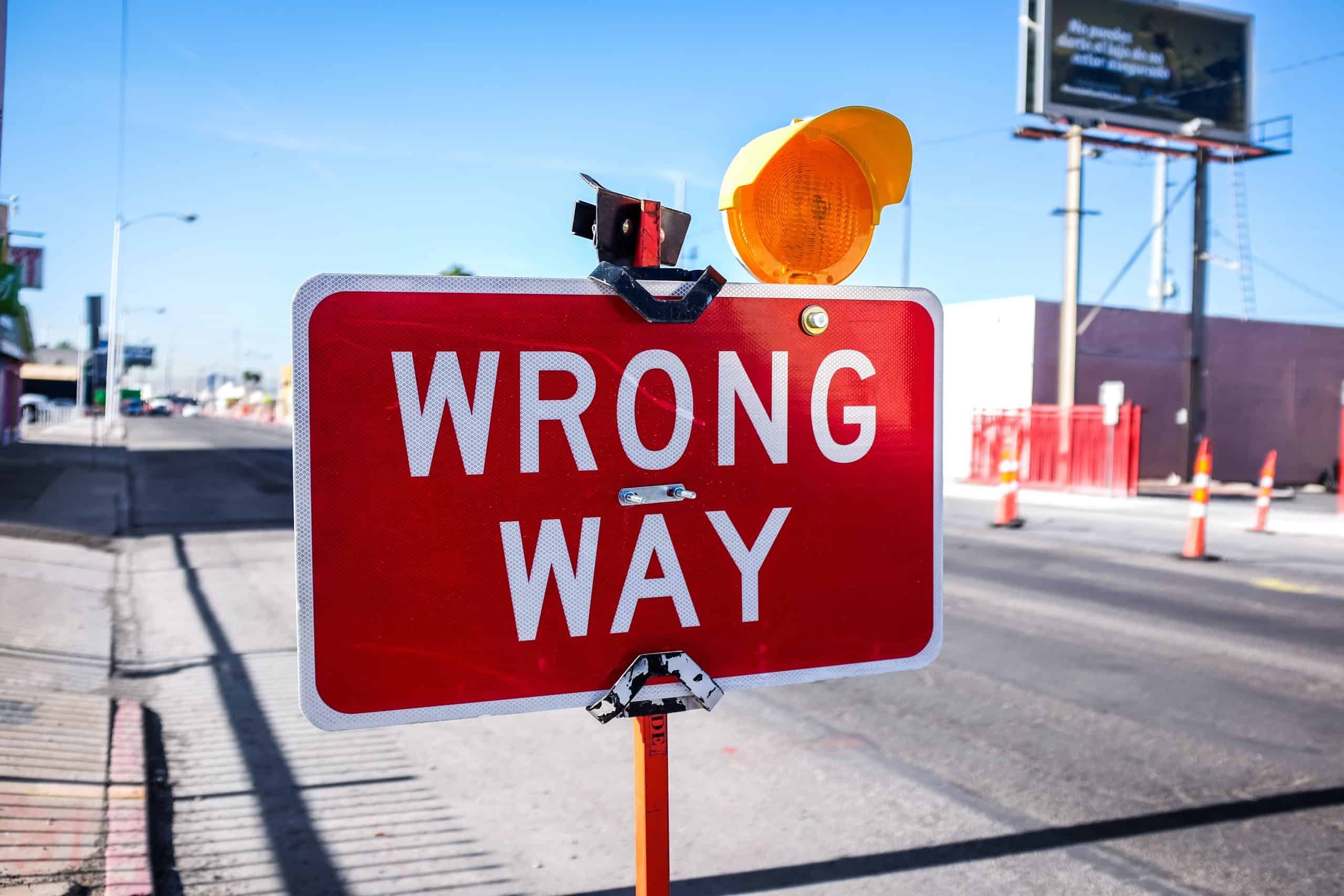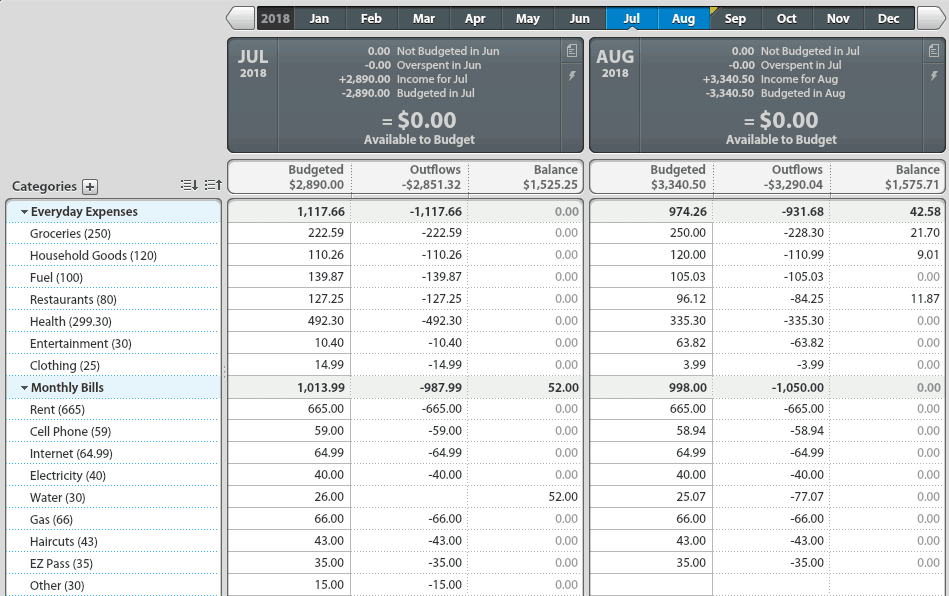Kids ask great questions, if you’re paying attention. Here are three questions that my 11-year-old asked recently about credit and loans.
What’s the difference between a debit card and a credit card?
One of the earliest conversations to have with kids is the difference between a debit card and a credit card. This is a difficult concept for kids because they often look exactly alike.
A debit card is tied to a checking account (an account at a bank that normally doesn’t earn interest). You can use your debit card to make purchases only up to the amount available in the checking account. If you have $500 in your checking account, you’ll be able to spend up to $500. (Prepaid cards like FamZoo work in a very similar fashion.)
A credit card isn’t tied to a bank account; it’s basically a loan. When you’re approved for a credit card, the credit card company will say you can borrow up to a certain amount of money — this is your credit limit. The amount of credit extended to you is based on your credit history and how likely you are to be able to pay it back. If you check your statement or online account, it will show you the amount of available credit you have left (minus any purchases you’ve made).





